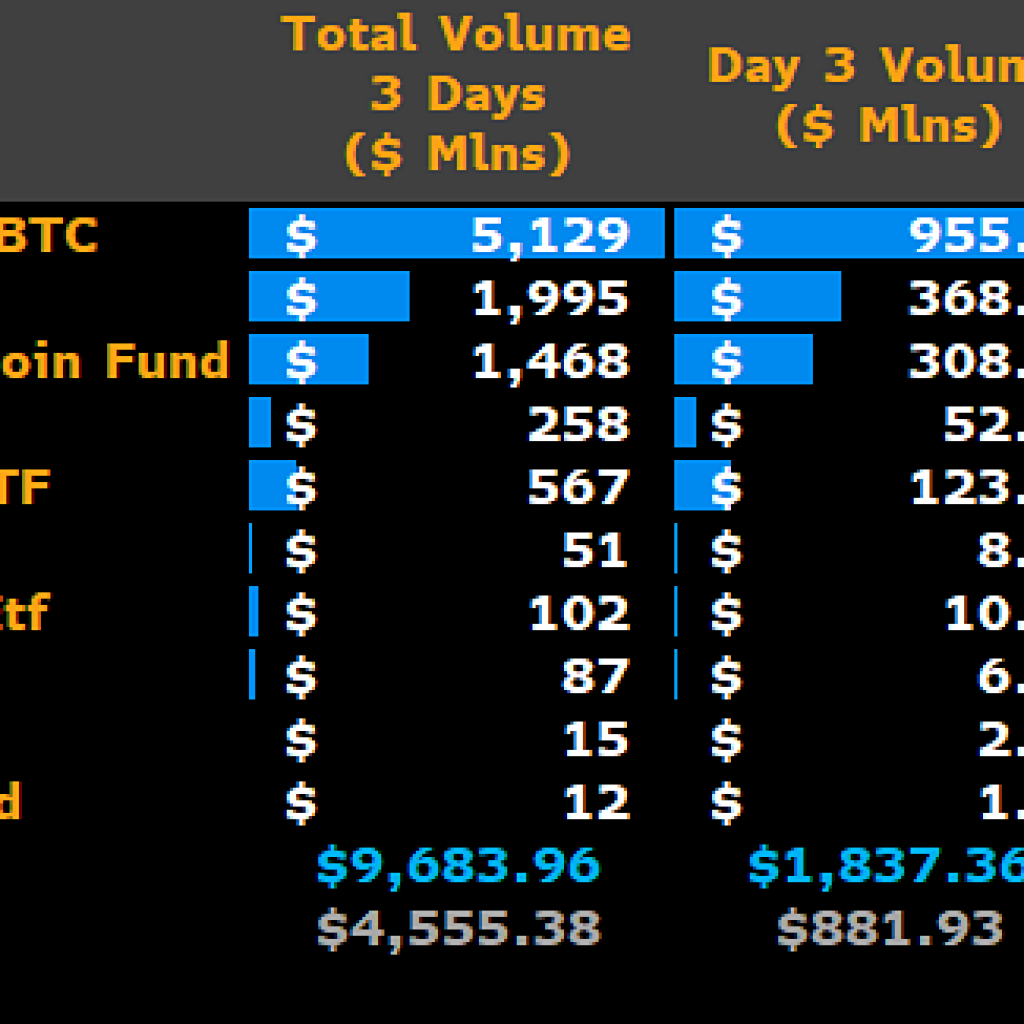In a significant development for the cryptocurrency industry, the U.S. Securities and Exchange Commission (SEC) recently granted approval for a spot bitcoin exchange-traded fund (ETF). While this decision has generated global interest, industry experts predict its most profound impact will be felt in Asia. This article explores the implications of the SEC’s decision on the Asian cryptocurrency market.
U.S. SEC approves Bitcoin ETF
The SEC’s decision to approve a spot bitcoin ETF marks a pivotal moment for the cryptocurrency sector. This move is expected to attract new capital into the industry, as spot bitcoin ETFs are seen as a more secure and regulated investment vehicle.
The approval comes despite the SEC Chair Gary Gensler maintaining a cautious stance on cryptocurrencies, emphasizing that it does not signal a broader willingness to approve listing standards for crypto asset securities.
Industry insiders suggest that the impact of the U.S. ETF approval will be particularly pronounced in Asia. Unlike their Western counterparts, Asian investors, especially the younger generation, tend to have a more open view of capitalism. They view cryptocurrencies as a legitimate investment asset, and the ETF structure offers a regulated and lower-risk avenue for exposure to cryptocurrencies.
Hong Kong as a potential hub for crypto ETFs
Hong Kong, which has undergone significant regulatory reforms to re-establish itself as a crypto hub, is seen as a prime candidate for launching spot crypto ETFs in Asia. The city’s regulators have already signaled their willingness to consider such products, aligning with their ambitions to foster a thriving crypto ecosystem.
It’s worth noting that several fund managers, including those backed by Chinese capital, are already exploring the possibility of launching spot crypto ETFs in Hong Kong.
Singapore, another major Asian financial hub, is poised to enter the spot crypto ETF race. Its mature regulatory environment positions it as a leading jurisdiction to oversee structured spot crypto products. The city-state’s commitment to fostering innovation in cryptocurrency is expected to make it a strong contender in this emerging market.
While traditionally cautious regarding cryptocurrency regulations, Japan is expected to witness significant movement in response to the U.S. ETF approval. Policymakers in Japan may accelerate discussions regarding introducing their version of a spot ETF, reflecting the global trend toward legitimizing cryptocurrencies as investment assets.
Challenges Ahead for Asia
Despite the optimism surrounding the launch of spot crypto ETFs in Asia, several challenges remain to overcome. One key challenge is the efficient integration of capital inflows in Asia compared to the well-established foundation in the United States. Success will depend on how effectively the finance sector and funds can be integrated.
Additionally, the region’s regulators must strike a delicate balance between encouraging crypto participation and mitigating risks. The cryptocurrency industry remains plagued by unpredictable volatility and trust issues from hacks and bankruptcies. As a result, regulators in Hong Kong and Singapore, in particular, have become more cautious in encouraging retail participation in virtual asset investments.





